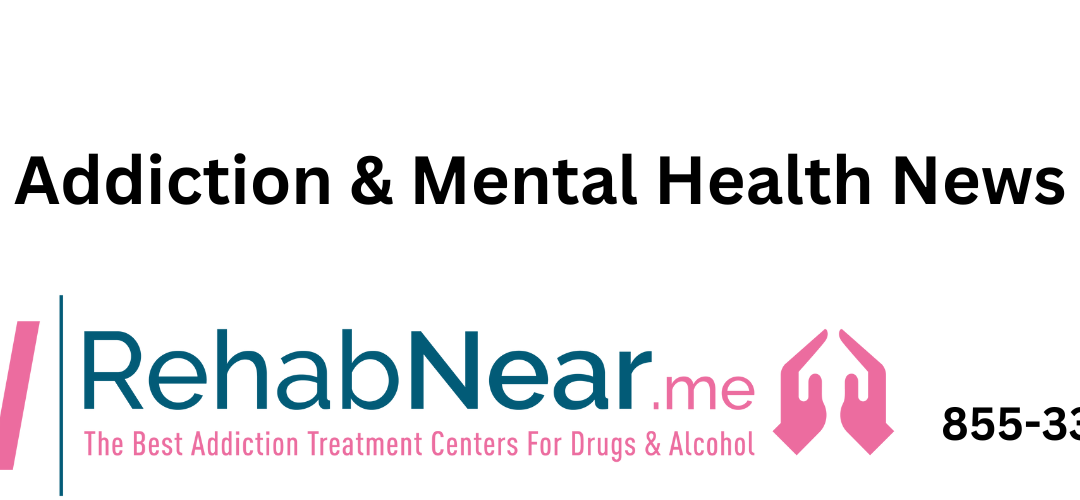It’s easy to imagine that growing up in a neighborhood with safe and clean parks, little to no discrimination, and where people are not struggling financially makes for a lower-stress childhood. In contrast, neighborhoods with few community spaces, violence, and poverty create a higher-stress environment for a child to live in.
Unfortunately, systemic and structural issues such as wealth inequality, residential segregation, barriers to home ownership, and environmental injustice in neighborhoods where Black American adolescents disproportionately reside make it more likely that Black American adolescents will grow up in this second scenario.
A new study by Assistant Professor of Social Work Melissa Villodas provides evidence that the stress of neighborhood poverty and community violence negatively affects Black American adolescents’ mental health. This could be a contributing factor to Black American adolescents experiencing higher rates of suicidality than any other racial or ethnic group and the growing incidence of mental health challenges among racial minority youth.
In a recent study published on News-Medical, researchers shed light on the detrimental effects of neighborhood poverty and community violence on the mental health of Black adolescents. The study highlights how the compounded stressors of living in economically disadvantaged neighborhoods and experiencing violence within their communities can significantly impact their psychological well-being.
The research emphasizes that Black adolescents in impoverished neighborhoods are at a higher risk of facing various mental health challenges than their peers in more affluent areas. Factors such as limited access to essential resources, quality education, and healthcare exacerbate the stressors experienced by these adolescents, leading to higher rates of anxiety, depression, and trauma-related disorders.
Moreover, exposure to community violence, including gun violence, domestic disputes, and gang-related incidents, further heightens the psychological distress of these young individuals. Witnessing or experiencing violence creates fear and uncertainty, contributing to a cycle of trauma and mental health struggles.
To address this concerning issue, it is crucial to provide targeted support and resources to vulnerable Black adolescents living in impoverished neighborhoods. Investing in mental health services, community-based programs, and educational initiatives can significantly alleviate stress and improve their well-being.
If you or someone you know is struggling with addiction, seeking help is vital for recovery. Contact rehabnear.me at 855-339-1112, a helpline dedicated to connecting individuals with personalized addiction treatment programs that cater to their unique needs. Let’s work together to build a healthier and more supportive community for everyone.








